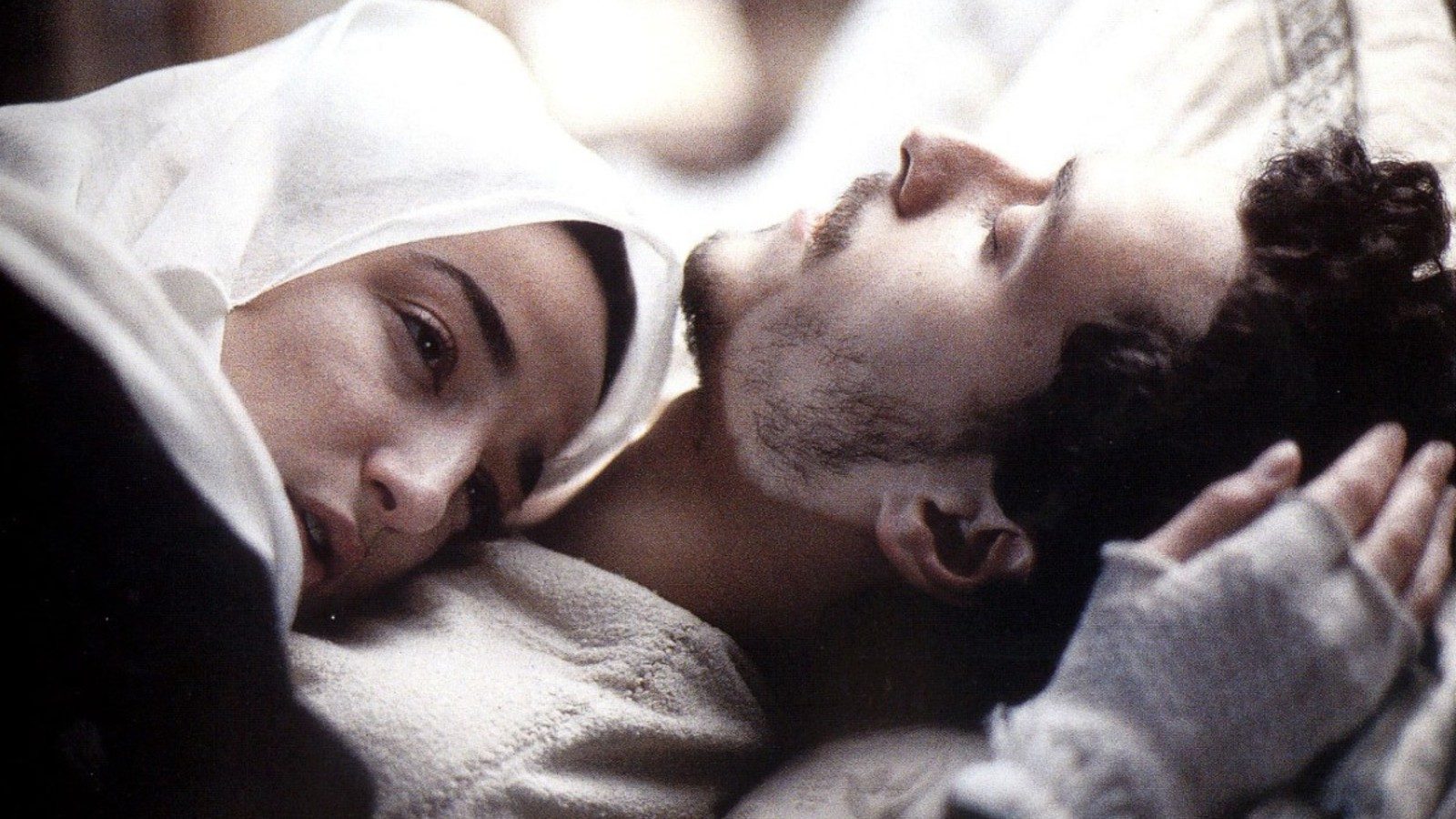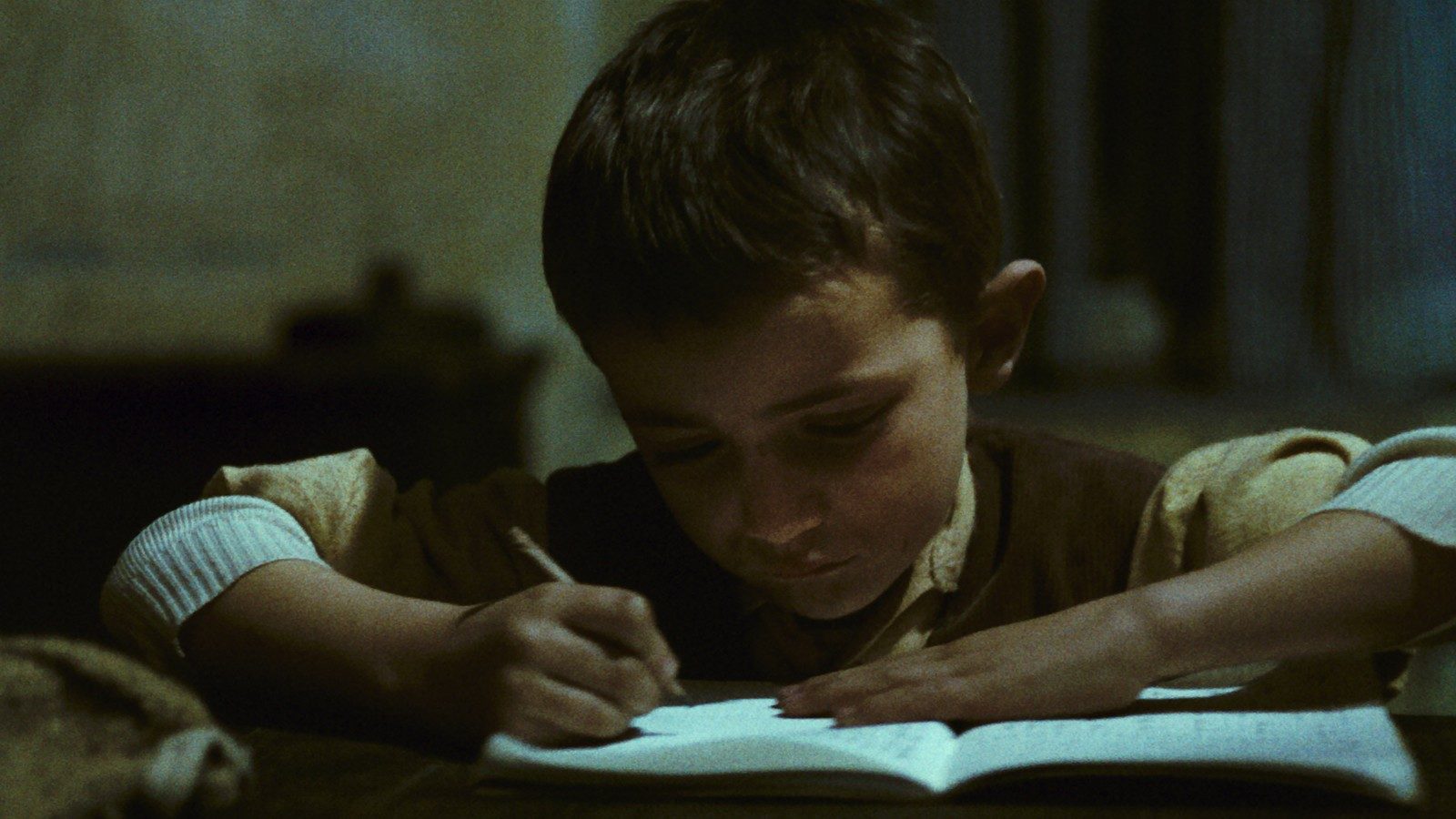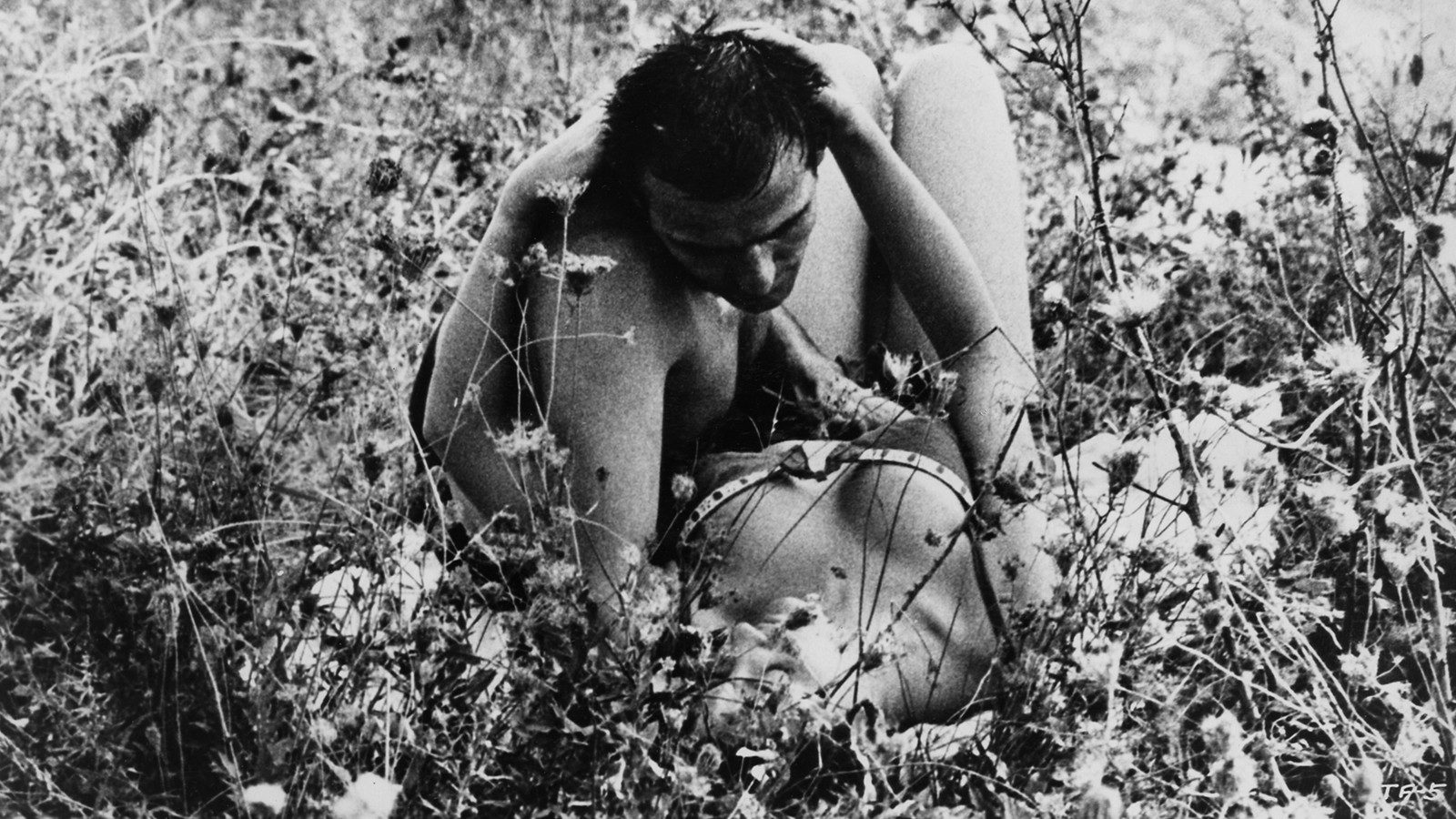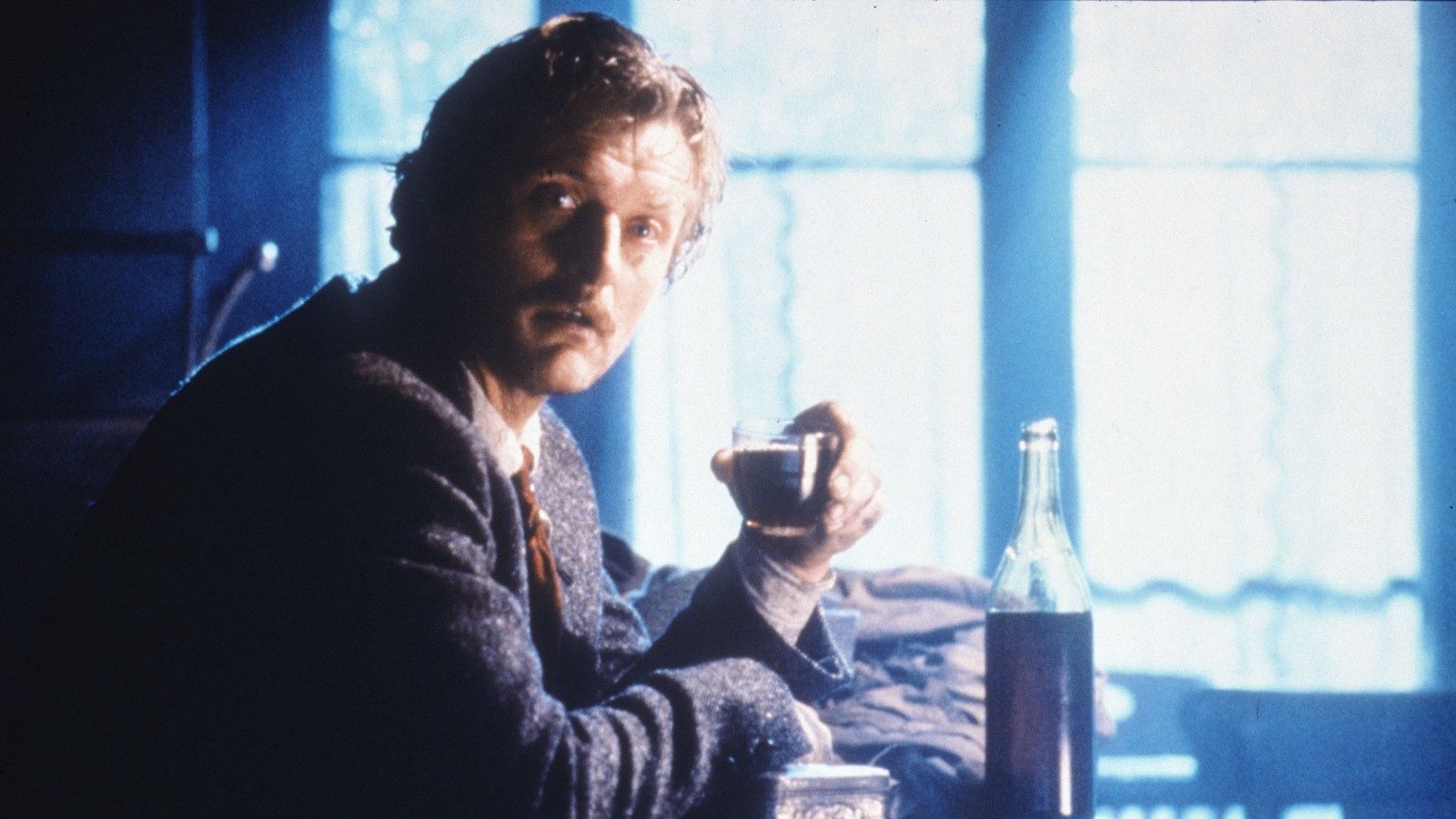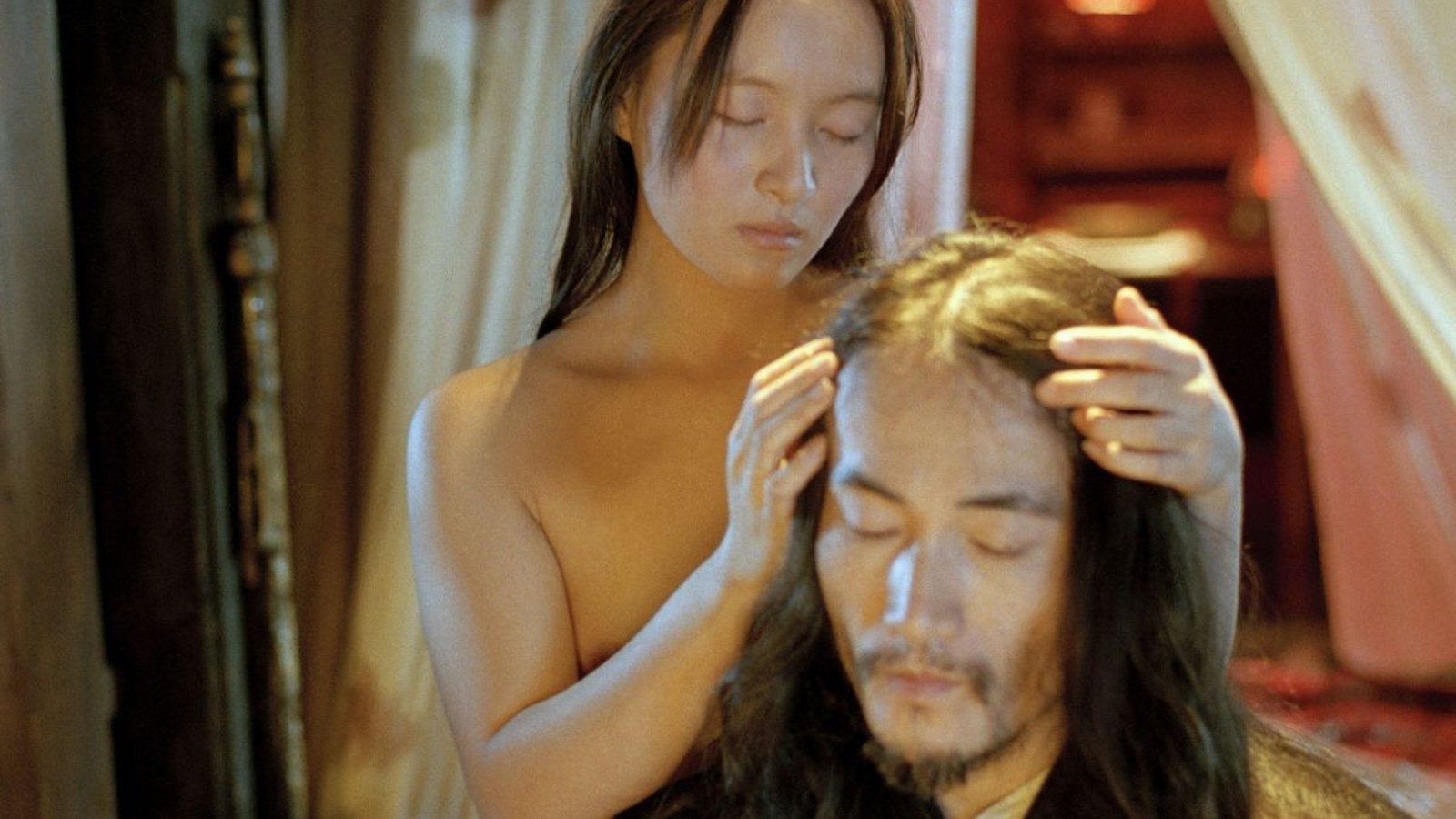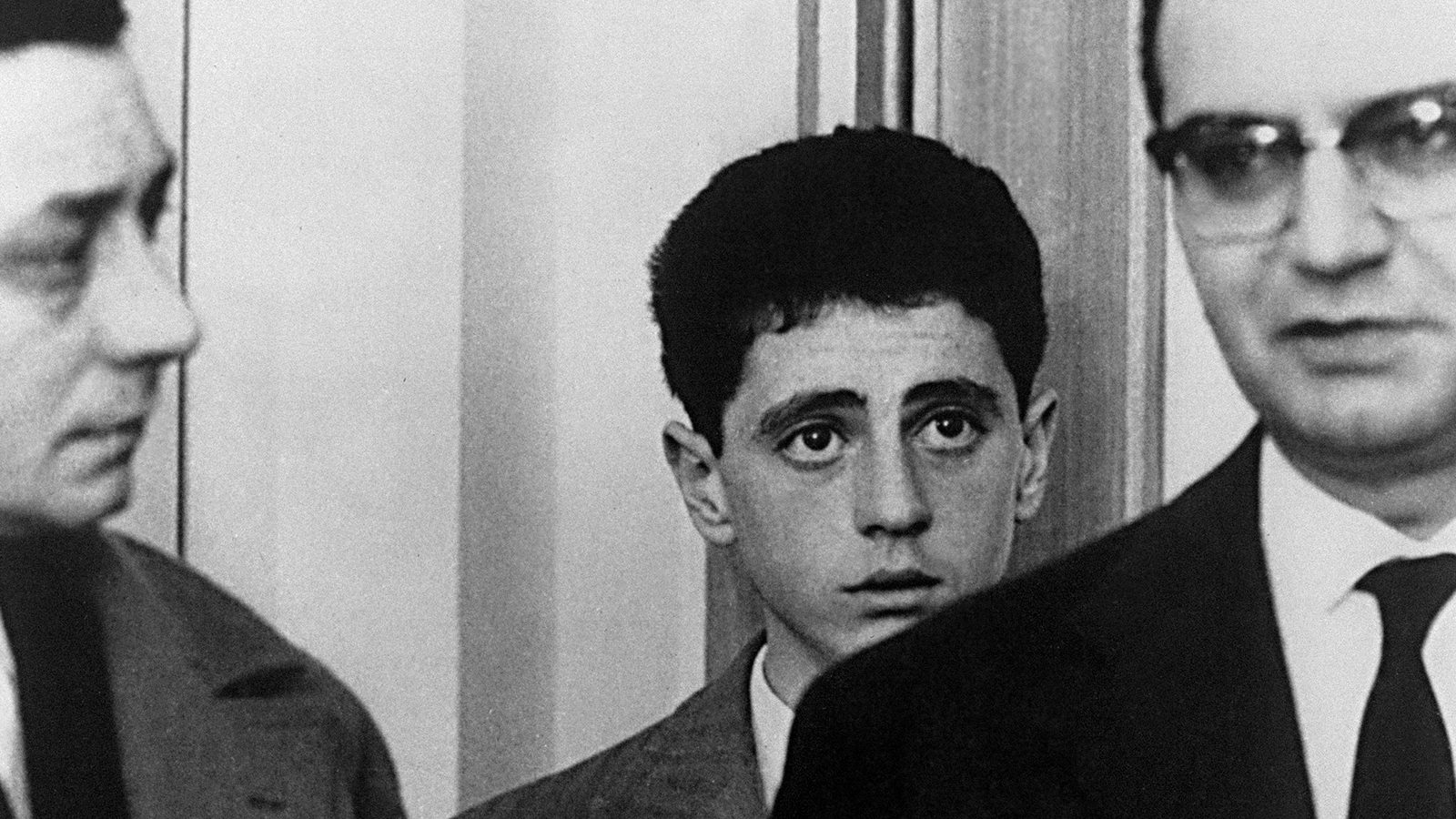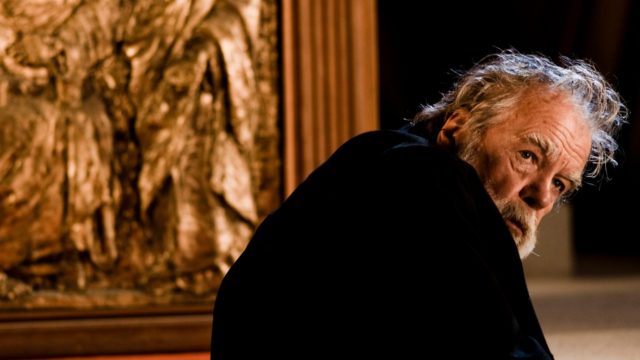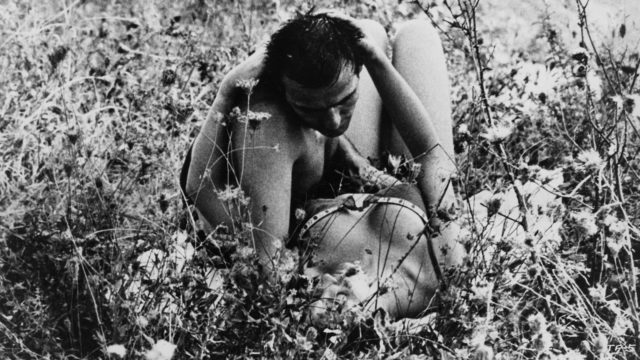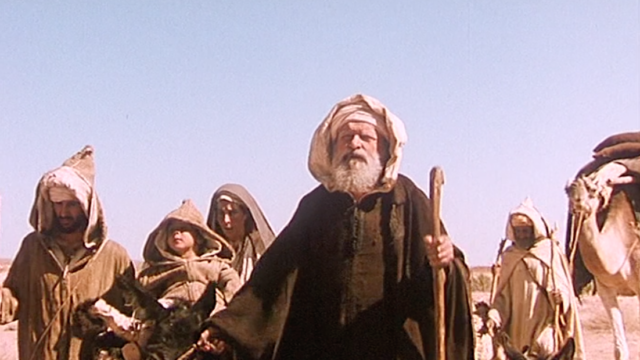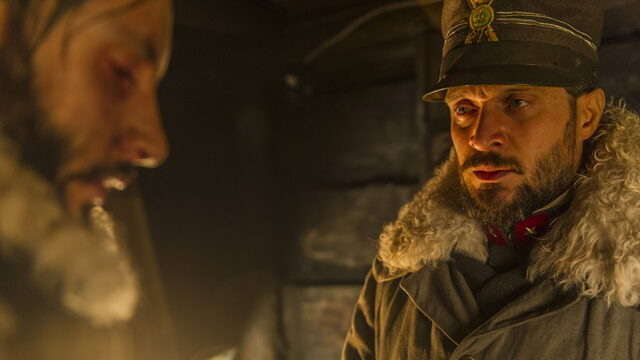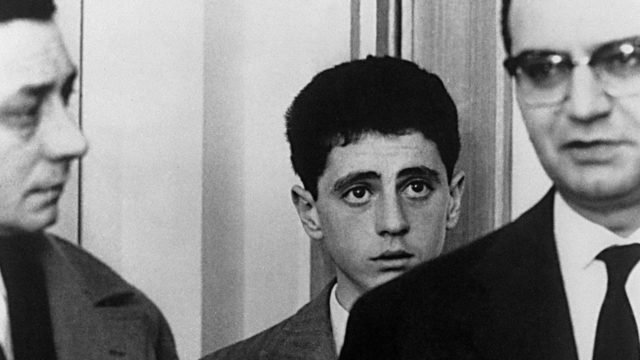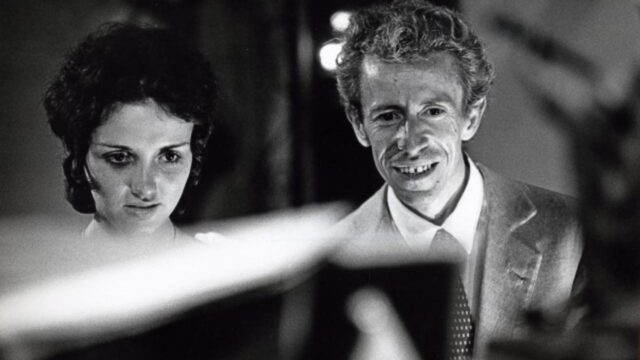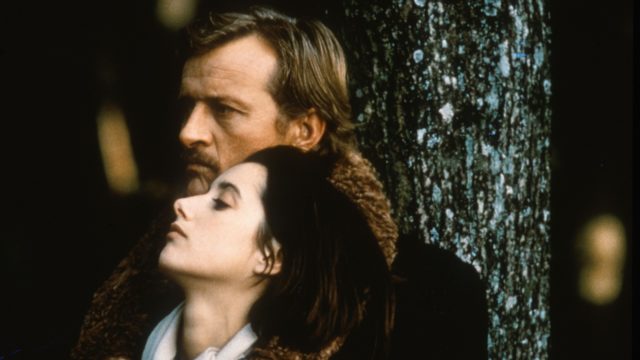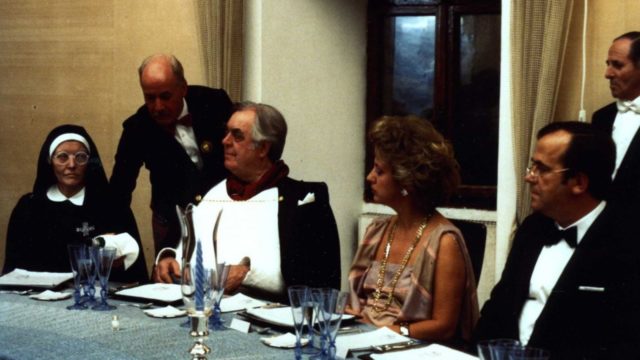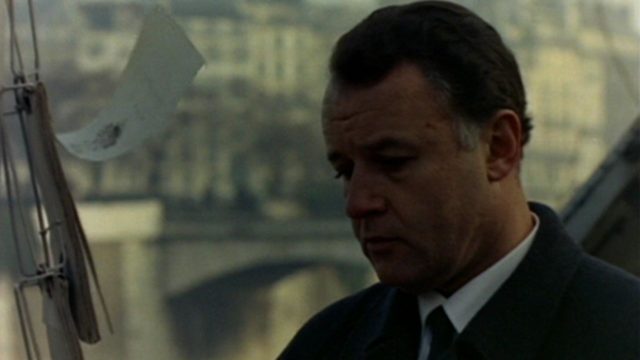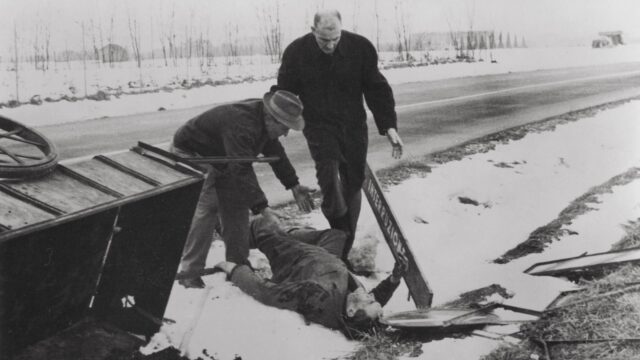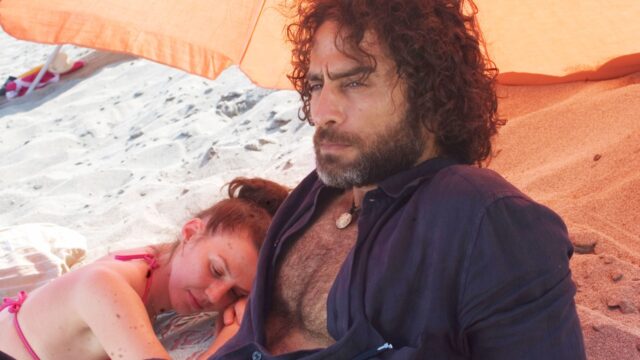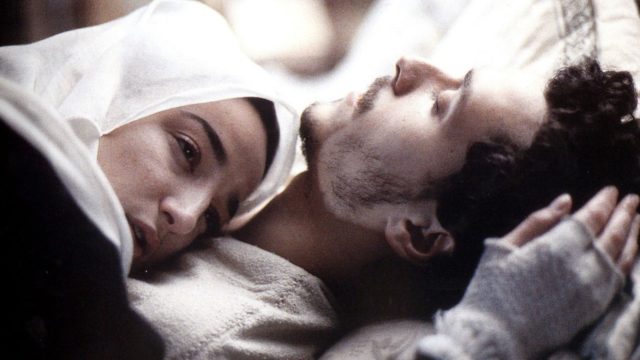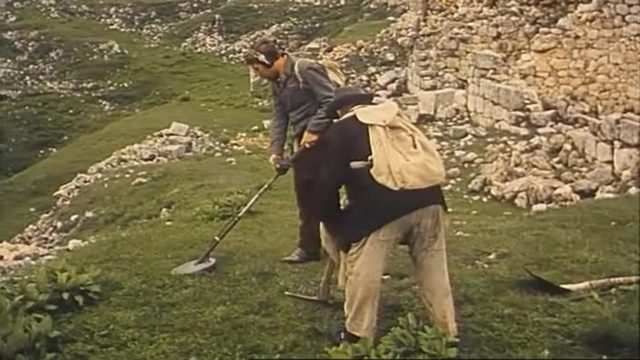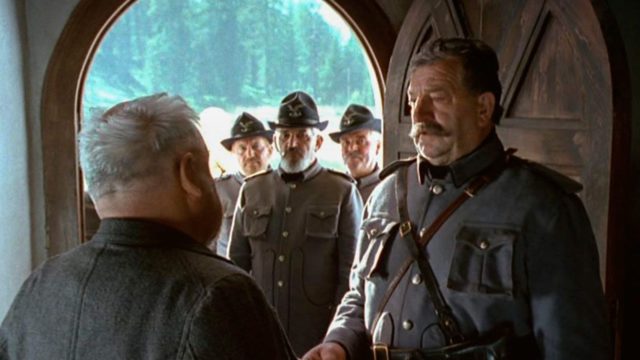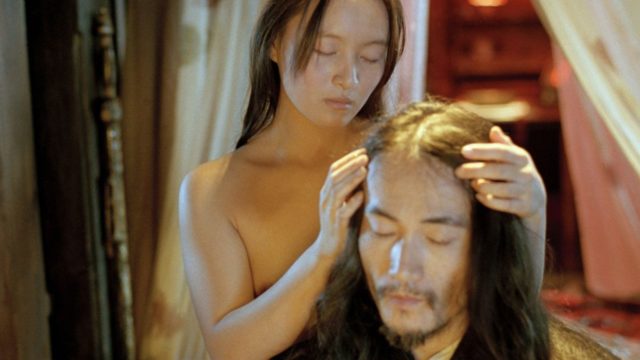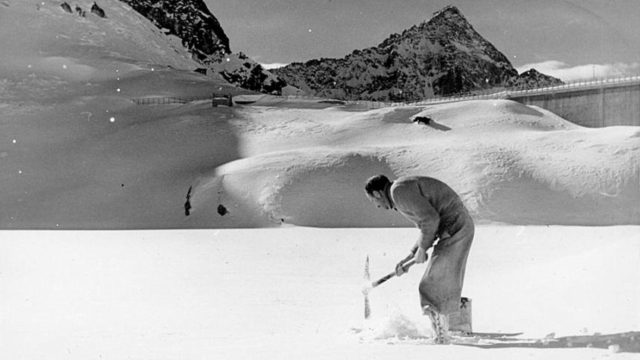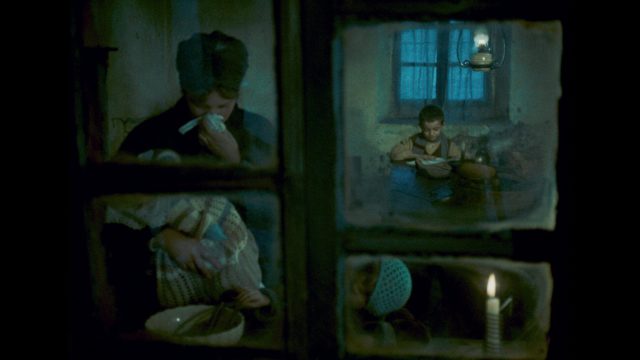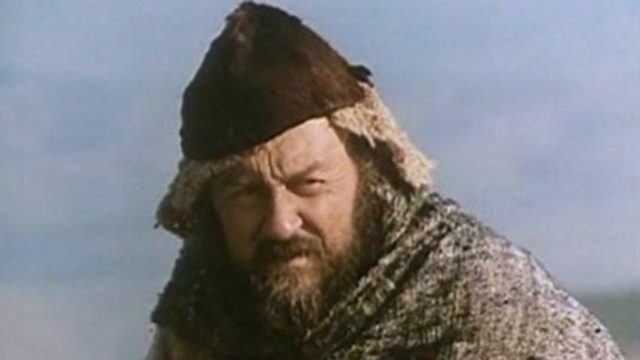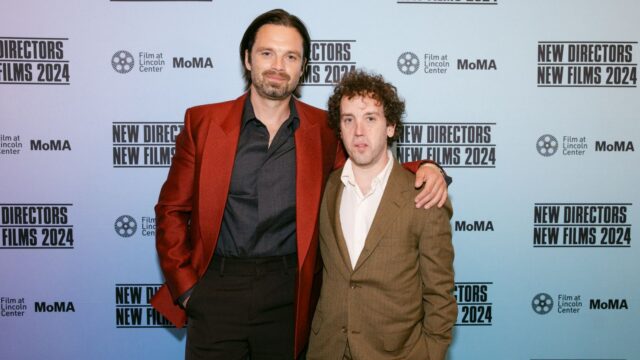Ermanno Olmi
Ermanno Olmi is a key Italian filmmaker of his generation whose career spanned more than six decades. Updating the stylistic hallmarks of Italian neorealism to craft fiction films full of light and dignity, Olmi time and again captured the experience of work and family and expressed the churn of history with humor and grace. Known for his commitment to working with nonprofessional actors and to capturing the specific textures of the locations in which he filmed, Olmi, who started out as a self-taught documentarian, drew inspiration from his Catholic faith and from the social and cultural preoccupations of his native Lombardy region—personified by peasants in rural farming communities or by white-collar workers in the provincial capital of Milan. But Olmi, who passed away last year at age 86, was also always concerned with the political and economic systems underlying the social and physical environments in which his characters lived and dreamed. Join Film at Lincoln Center and the Istituto Luce Cinecittà in paying homage to this singular and sophisticated voice in Italian cinema, whose influence can be seen today in the work of such major directors as Alice Rohrwacher and Pietro Marcello.
Organized by Florence Almozini and Dan Sullivan of Film at Lincoln Center, and by Camilla Cormanni and Paola Ruggiero of Istituto Luce Cinecittà. Co-produced by Istituto Luce Cinecittà, Rome. Presented in association with the Ministry of Culture of Italy.
Preceding our Ermanno Olmi retrospective, join us for Open Roads: New Italian Cinema from June 6-12.
Browse our Olmi brochure or read below.
Recommend Reading/Watching
A.O. Scott at The New York Times: How Ermanno Olmi Found Grace in the Daily Labors of Italians
The marvelous retrospective that starts Friday at Film at Lincoln Center reveals a career and a sensibility at once wide-ranging and consistent. Olmi’s movies can be lyrical and impishly funny, passionate and scholarly, observant and impassioned. He had a documentary photographer’s eye for the specific and a painterly sense of composition. He retold Bible stories and directed literary adaptations.
Adrian Curry at Notebook MUBI: The Posters of Ermanno Olmi
Olmi has long been a personal favorite of mine and I can’t recommend this series highly enough; only three of his films are readily available in the US while the others are nearly impossible to see.
Deborah Young at Film Comment: On Earth as It Is in Heaven: Ermanno Olmi
It’s strange that so few directors in Italy are religious, at least in the sense that their films are imbued with signs of their faith. Though they share real estate with the Vatican—or maybe because of its very proximity, on the theory that familiarity breeds contempt—Italian filmmakers are much better known for political militancy than religious fervor. Among the few exceptions are Roberto Rossellini and, in a complex way, Pier Paolo Pasolini. And most emphatically, Ermanno Olmi.
Mike Mills on Ermanno Olmi for The Criterion Collection:
The Cardboard Village
The Circumstance
The Fiancés
Genesis: The Creation and the Flood
Greenery Will Bloom Again
Il Posto
In the Summertime
The Legend of the Holy Drinker
Long Live the Lady!
A Man Named John
One Fine Day
One Hundred Nails
The Profession of Arms
World Premiere of New Digital Restoration
Olmi’s quietly shattering requiem for Giovanni de’ Medici, the 16th-century military captain whose death signaled the end of an era in Italian history, is a hushed and hallucinatory meditation on corporeal suffering, spiritual release, and the inhumanity of industrial warfare.The Scavengers
The Secret of the Old Woods
Singing Behind Screens
Time Stood Still
The Tree of Wooden Clogs
Walking, Walking
Tickets on sale now! To begin the purchase process, log in to your account. Don’t have an account? Sign up for one today. To see member and patron pricing, you must be logged into your account.
3+ Film Package – Tickets just $9 Members / $10 Students, Seniors, and Persons with Disabilities / $13 General Public.
All-Access Package – See everything in the series for $150!
Note: Film at Lincoln Center Members at eligible levels can redeem their complimentary ticket vouchers for this series in person at the box office. Patrons can reserve in advance by emailing [email protected].
Not a member? Take advantage of discounted tickets, early access periods, complimentary offers year-round, and more by becoming one today! Join here.

